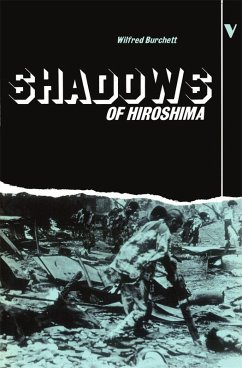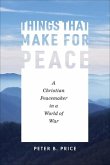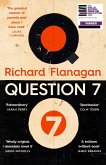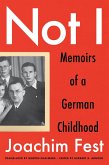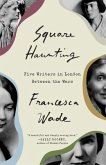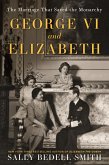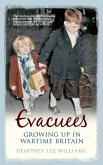'I Write This As A Warning To The World' This headline in the London Daily Express on 5 September 1945 was the first cry of alarm that the age of threatening nuclear catastrophe had dawned. Wilfred Burchett, who became the most famous radical journalist of his generation, wrote It and the accompanying story in the ruins of Hiroshima. He was the first Westerner of any kind to enter the city after the atomic blast. The story of his efforts to reach Hiroshima is retold in this dramatic book. It shows how the politics of nuclear confusion was inaugurated before the ashes of the city had cooled. Burchett details the attempts by the US government to deny the effects of radiation sickness described in his reports. He reveals the pressure to silence him through deportation from Japan and in a telling analysis he uncovers once more the political calculations that led Truman to drop the bomb. The other major character in this book Is the population of Hiroshima itself. The survivors of the attack and their children have lived with the legacy of nuclear war for two generations. The author, a regular visitor to the city, recounts their experience of callous treatment, medical neglect, social isolation and eventual reinvigoration through the Japanese peace movement.
Bitte wählen Sie Ihr Anliegen aus.
Rechnungen
Retourenschein anfordern
Bestellstatus
Storno

